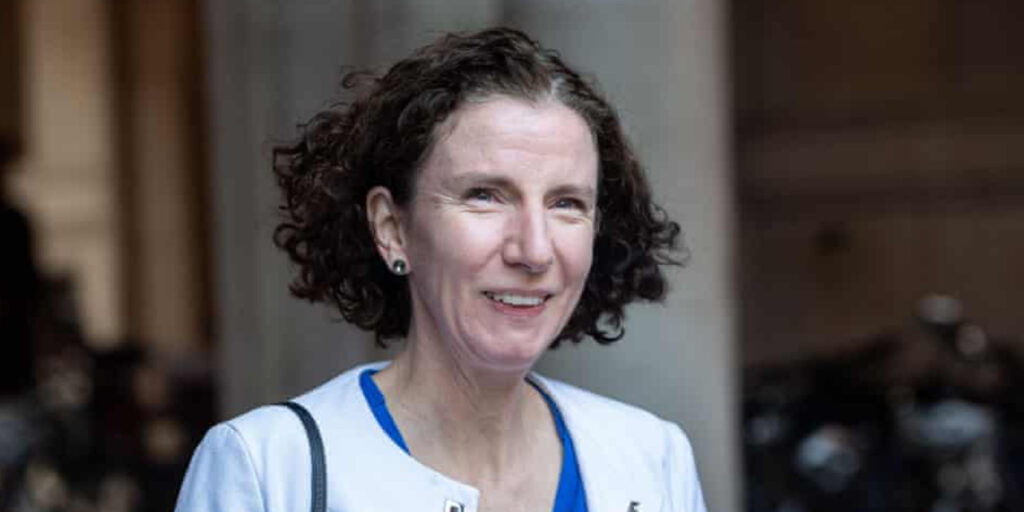The UK has announced a significant increase in its financial contribution to the World Bank, a move aimed at bolstering climate finance and supporting low-income countries. At next week’s International Development Association (IDA) meeting in Seoul, the UK will pledge £1.98 billion over three years, marking a 40% increase from its previous commitment.
Development Minister Anneliese Dodds emphasized the UK’s renewed leadership on the global stage, stating: “Britain is back with a voice on the world stage. When we said we would take a new approach to development, built on genuine partnerships and based on respect, we meant it. Leaders of low-income countries around the world called for stronger IDA contributions, and we listened.”
The World Bank and other multilateral development banks (MDBs) are expected to play a crucial role in financing climate initiatives, including grants and loans necessary to meet commitments made during the Cop29 UN climate summit.
Global Reactions to the UK’s Climate Finance Pledge
The UK’s announcement has drawn praise from climate experts and advocates. Avinash Persaud, climate advisor to the president of the Inter-American Development Bank, acknowledged the challenging economic environment but welcomed the UK’s commitment, saying, “This is a strong endorsement of the multilateral system.”
Mafalda Duarte, executive director of the Green Climate Fund, remarked on the fiscal constraints faced by the UK government but called the pledge “quite positive.” Adrian Lovett, UK executive director of the campaign group ONE, added: “Every pound invested by the UK in IDA helps to catalyse far more from others, ensuring maximum value to British taxpayers. We now look to other countries, including France, Canada, and Sweden, to step up and complete this investment package.”
Fallout from Cop29 Summit
The UK’s increased pledge comes amid ongoing criticism of developed nations following the Cop29 climate summit. The conference concluded with a contentious agreement in which wealthier nations committed only $300 billion (£236 billion) of the $1.3 trillion annually promised to developing countries by 2035. Much of the remaining funding is expected to come from the private sector and innovative financial mechanisms.
Mukhtar Babayev, Azerbaijan’s environment minister and Cop29 president, has faced backlash for his handling of the negotiations. In an op-ed, Babayev blamed Western nations for being “immovable” on financial commitments, calling the proposed funding “too low.”
However, Christiana Figueres, former executive secretary of the UN Framework Convention on Climate Change (UNFCCC), criticized Babayev’s comments, saying: “It is such a betrayal of the role of a Cop president, [who] needs to hold the information of what is going on very tightly and use it for common benefit.” Figueres also criticized the presidency’s lack of preparation, adding that successful agreements must be matured throughout the year, not just during the two-week conference.
Challenges Ahead for Climate Finance
Yvo de Boer, another former UNFCCC executive secretary, echoed concerns about the role of the presidency, suggesting that a Cop presidency should serve global interests rather than national agendas. Babayev will remain in charge of UN climate negotiations until Brazil assumes the presidency for Cop30 next November.
Despite the criticism, Duarte defended the efforts of the Cop29 presidency, stating, “I have no doubt the presidency did the best they could.” As the focus shifts to Cop30, expectations remain high for a more unified approach to tackling the climate crisis.


